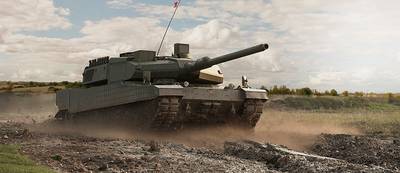
All Stories By

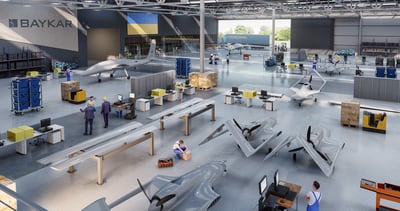
Turkey’s Baykar to spend $100 million on Ukraine drone production
Company executives profess to view the war-torn country as a long-term, strategic partner rather than a short-term market.
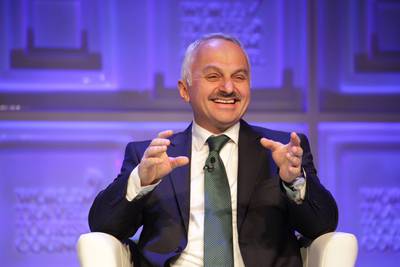
Challenging Programs Await New Head of TAI
Scores of ambitious indigenous development programs, including a fighter jet, will be a major challenge for Temel Kotil, the newly-appointed CEO of Turkey’s aerospace powerhouse Tusas Turkish Aerospace Industries (TAI).
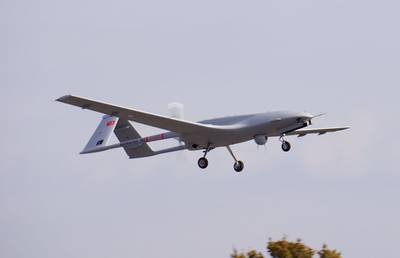
Turkey Looks to Enrich Drone Fleet
Facing multiple asymmetrical security threats, Turkey increasingly relies on a strategy to enrich its inventory of unmanned aerial vehicle (UAV) types. Most recently, Turkey’s procurement agency released two requests for information (RFI) to task industry with research on two new types of drones.
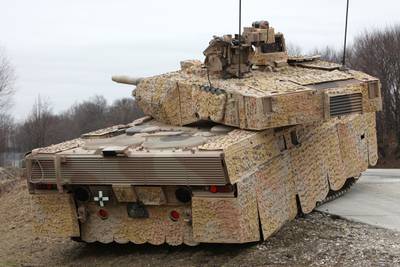
Turkey Mulling Upgrade to Leopard 2s, M60s
Industry sources say such upgrades would cost Ankara anywhere between $2 million to $3 million per tank. A bunch of 300 to 400 tank upgrades will have a total cost of more than $1 billion.
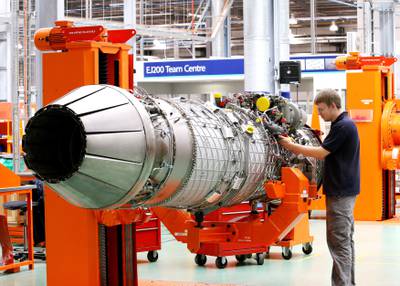
Rolls-Royce Offers Joint Production in Turkey
A senior procurement official said Rolls-Royce’s proposal involves a production unit in Turkey to manufacture engines for the planned indigenous fighter jet.
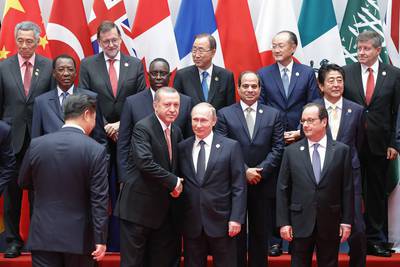
Turkey Invites Russian Bid for Air Defense Contract
Turkish diplomatic and procurement sources said that the Russian contender was “invited” to make a bid again after the Turkish and Russian presidents met on the sidelines of a global energy conference.
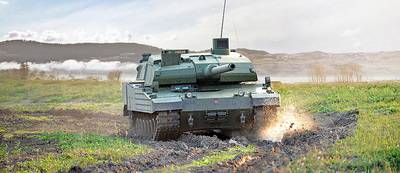
Contest, Not Sole-Source Buy, Likely in Turkish Tank Program
The decision by Turkey’s procurement office on whether to go with Otokar or open competition will shape the Altay tank and its future sales, both to the Turkish army and potentially to foreign armies.

Turkish Havelsan Develops Submarine Systems
Turkish state-controlled military software company Havelsan has successfully developed four systems for the country’s submarines, the company has said.
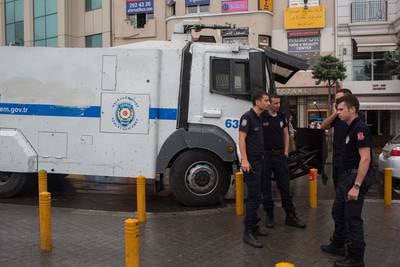
Leading Turkish Anti-Riot Gear Maker Eyes Military Armor Market
A local company that holds a near-monopoly in water cannons and anti-riot vehicles in Turkey is now entering the country’s armored vehicles market, hoping to capture a good share in this lucrative Turkish industry.
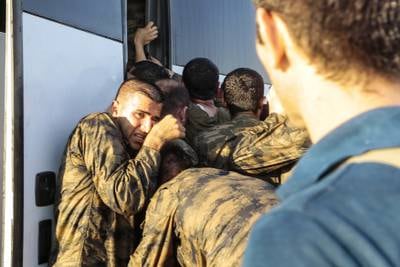
Turkey’s Failed Coup Leaves Military Weakened
A massive purge among government servants in the aftermath of a failed coup in Turkey on July 15 is feared to have weakened Turkey’s security apparatus.
